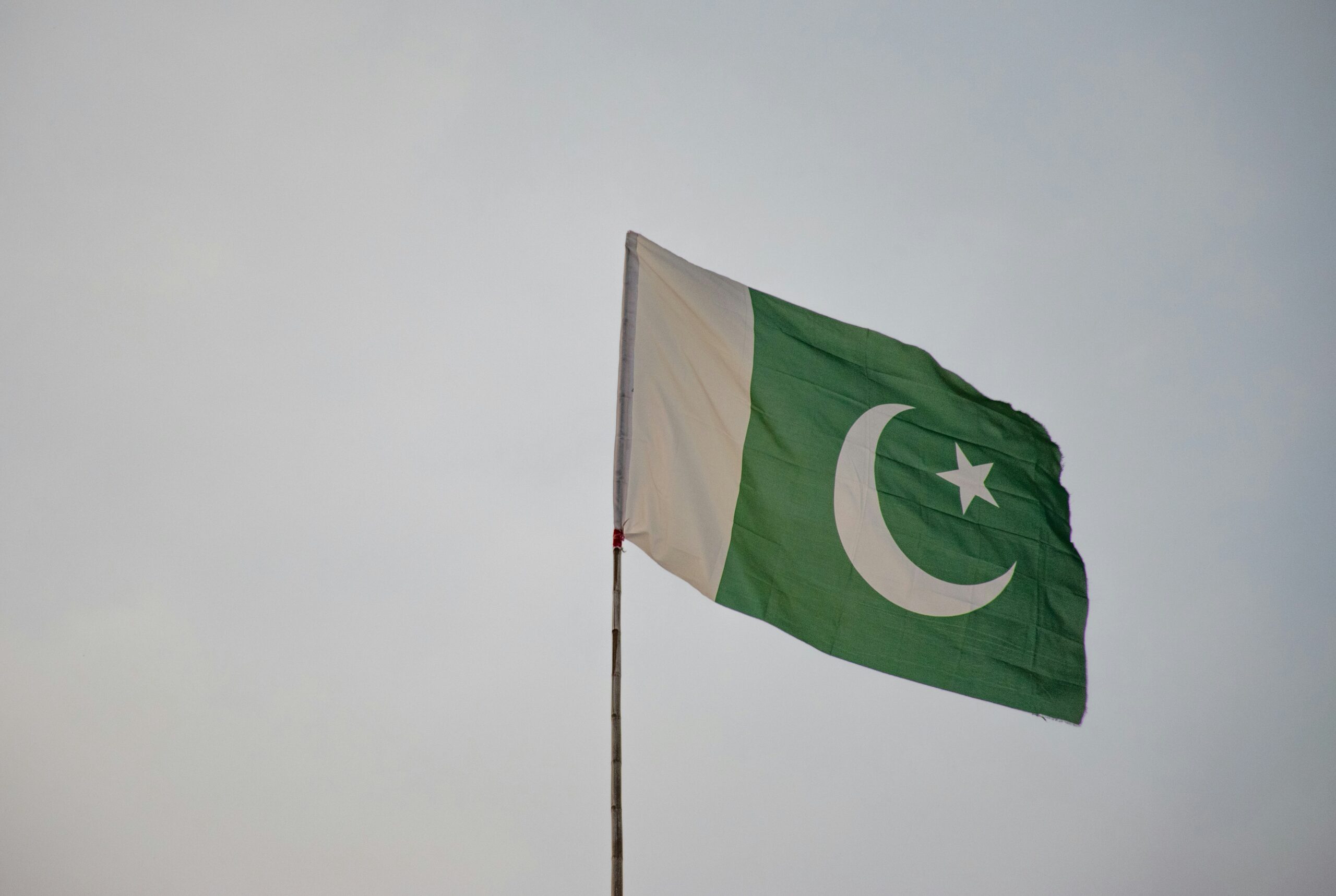The fragile negotiations between Afghanistan and Pakistan fell apart this week, as the Taliban refused Islamabad’s demands to control militant groups within Afghanistan. Despite ongoing ceasefires, the failure of the talks signals that long-term peace in the region remains elusive.
Zabihullah Mujahid, speaking for the Taliban, said Pakistan’s insistence that Afghanistan take responsibility for its neighbor’s internal security was unrealistic. “This is beyond Afghanistan’s capacity,” he added, making it clear that pressure from Islamabad will not dictate Afghan policy.
Ceasefire Holds but Tensions Remain
Even though the formal peace deal has collapsed, both sides have agreed to maintain the ceasefire that was signed in Doha last month. Afghan and Pakistani forces briefly exchanged fire along the border during the week, but there have been no major violations since. It shows that while open conflict is temporarily avoided, the underlying tensions remain unresolved.

Turkish mediation continues to play a role, with President Erdogan and Pakistan’s Prime Minister Shehbaz Sharif expressing hope that dialogue could resume. Still, the collapse exposes how fragile the regional consensus is, and how the Taliban’s growing assertiveness shapes outcomes.
Long-Term Implications
For decades, Pakistan and the Taliban maintained relatively close ties, but the latest talks reveal a stark shift. This scenario could embolden other insurgent groups and weaken regional stability. Without a framework that both respects Afghanistan’s sovereignty and addresses Pakistan’s security concerns, repeated breakdowns are likely.
The collapse also raises questions about external influence. Turkey’s role as mediator shows that third parties can help bridge gaps, yet their impact is limited if the primary parties are unwilling to compromise.
What This Means for the Region
The failure of the peace talks underscores the difficulty of reconciling competing national interests in South Asia. Afghanistan’s refusal to accept Pakistan’s demands reflects the Taliban’s prioritization of internal control over external pressures. At the same time, Pakistan faces increasing insecurity along its western border, highlighting the delicate balance required to maintain peace.
Bottom Line
The breakdown of the Afghan-Pakistan talks shows that hardline stances prevail over diplomacy. The Taliban’s rejection of Pakistan’s demands demonstrates both political confidence and the limits of influence that neighboring states face. As long as these underlying tensions remain, leaving the South Asian region in a continued state of fragile peace.

















